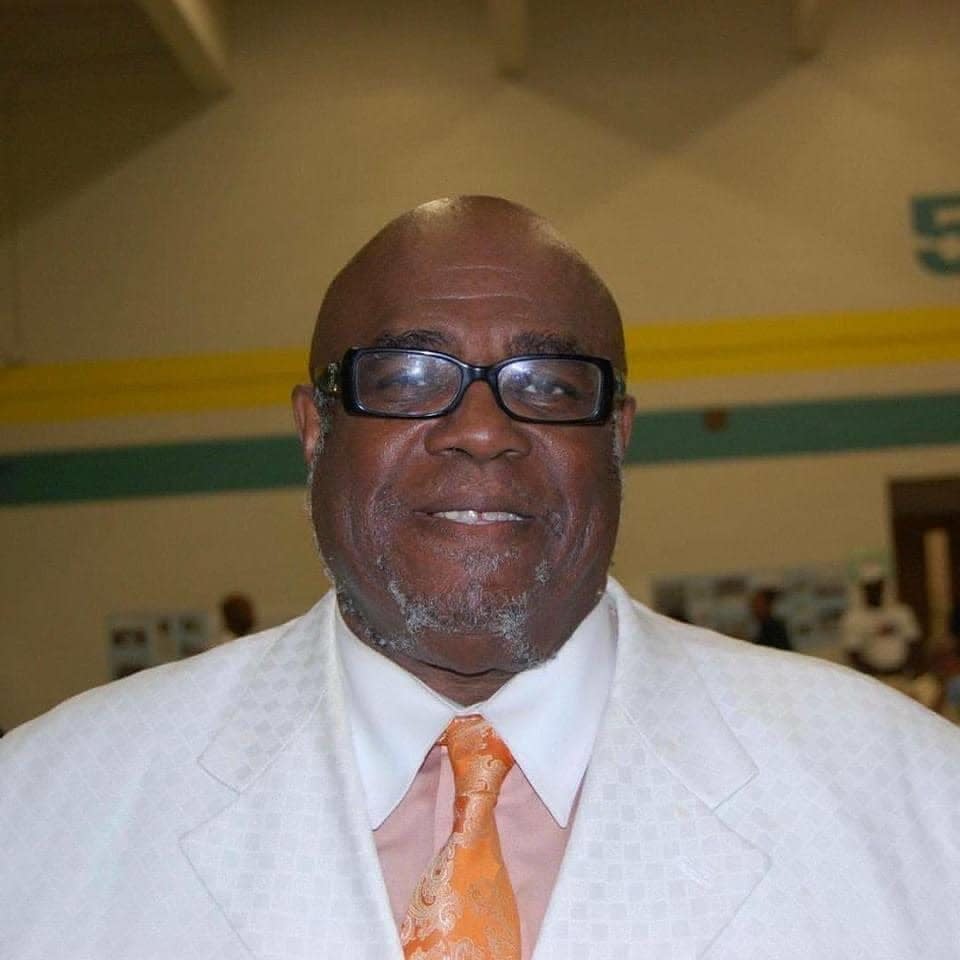Op/Ed: Instead of creating equity, Indiana's EV plan neglects state's Black communities.
The story of the Good Samaritan in Luke 10:25–37 is a parable that resonates with me as Indiana continues to struggle with what meaningful racial equity looks like. The lead-in to the parable is a question from the expert in the law, “And who is my neighbor?” This story clearly shows the impact of structural injustice on people who are the victims of oppression through the assault on the traveler. The Bible says they stripped him, beat him and left him for dead. To strip someone is to have no regard for their human dignity.
When you look at the electric vehicle (EV) revolution through the lens of racial equity, you can see the impact everywhere: who has the means to purchase or lease an EV, who has access to charging stations, who receives messaging about incentives, who can access and utilize those incentives, who can be approved for loans to purchase an EV, who has reliable internet access to research EVs and so on. Core to the development of Indiana's EV charging infrastructure is the work of not perpetuating the racist policies that have shaped other parts of our transportation system.
With comments on the state’s National Electric Vehicle Infrastructure grant plans closed as of Aug. 1, the future of mobility in Indiana is now set to be shaped by the forthcoming plans from state agencies. Indiana is currently leveraging $30 million and is gearing for its next allotment from $100 million in federal funding to develop statewide EV charging infrastructure, and the policies and plans that guide this buildout — including those from the Indiana Utility Regulatory Commission (IURC) — will shape Hoosiers’ mobility, economic opportunities and health outcomes across the state for decades to come.
More: Feds approve Indiana electric vehicle plan despite concerns from racial justice alliance
The Indiana Alliance for Equity, Diversity, and Inclusion for Electric Vehicle Infrastructure and Economic Opportunities (the Alliance) represents 25 organizations across the state of Indiana. Together, we are advocating that the Indiana State EV Infrastructure Deployment Plan include equitable placement of EV infrastructure in Black communities to ensure that our faith-based institutions, not-for-profit organizations, civil rights organizations and our business enterprises are realizing the environmental and economic benefits of the Federal National EV Infrastructure (NEVI) Formula Program.
Within their August update, the Indiana Department of Transportation (INDOT) highlights 83 potential locations for charging stations, yet, they fail to identify any direct engagement with Black and brown communities within those 83 communities to discuss site placement, potential community benefits or any concerns these communities may have.

The only equity metric INDOT highlights is placing charging stations within 40 miles of a disadvantaged community. Placing EV charging equipment within 40 miles of Black and brown communities does not equate to accessibility.
Vehicle electrification is a game changer for climate change and the new clean energy economy. That is if we don’t lock out entire communities and perpetuate Indiana’s shameful racist legacy. Race-conscious policies like redlining and urban renewal got us to this point, and race-neutral approaches can’t fix the underlying inequities. Investment needs to target and prioritize the most impacted communities.
More: Op/Ed: INDOT's plan for EV charging stations continues pattern of environmental racism
With considerable funding and national attention on EV charging infrastructure, Indiana’s investments must center equity, prioritize disadvantaged communities and the opportunity to expand access for marginalized communities to participate in the building and benefits of the new green economy.
As EV adoption continues to grow, so does the charging infrastructure, which means that equitable distribution of electric vehicle benefits must be part of any decision-making process. An equitable approach to this planning is critical to ensuring all Hoosiers benefit from the shift to EVs and can serve as a national model for a just transition to electric transportation.
Lionel T. Rush is the pastor of Greater Anointing Fellowship Church of God in Christ and president of the Interdenominational Ministerial Alliance of Greater Indianapolis.
This article originally appeared on Indianapolis Star: Don't continue Indiana's racist legacy when building EV infrastructure

